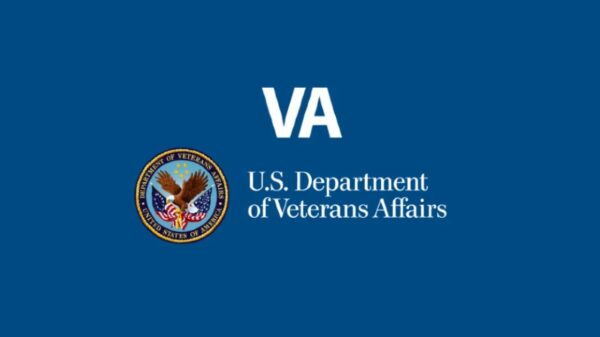This week, from his perches on the U.S. Senate Armed Services Committee (SASC) and the top Republican on the SASC Personnel Subcommittee, U.S. Sen. Rick Scott, R-Fla., threw his support behind the 2024 National Defense Authorization Act (NDAA) making its way on Capitol Hill.
While he said he intends to add some amendments to it, Scott praised the current version of the NDAA.
“Florida is home to 21 military bases and three unified combatant commands, nearly 64,000 active duty members, 38,000 reservists and over 1.5 million veterans,” Scott said. “As ranking member on the Senate Armed Services Subcommittee for Personnel, I am grateful for the bipartisan work the Armed Services Committee has done to ensure our men and women in uniform are taken care of, and our military remains the most lethal force in the world.
“As the threat of China continues to grow, and our focus shifts to the Indo-Pacific, we must continue to make smart investments in our armed forces and continue bolstering our defense capabilities. As Florida’s senator, I’ve been proud to advocate for major investments in our defense capabilities and in Florida’s military bases over the past five years. We’re off to a great start for the 2024 NDAA, and I look forward to continuing to fight for priorities that matter most to Florida families and military communities on the Senate Floor,” he added.
The final NDAA signed into law at the end of 2022 stood at $816.7 billion. The Biden administration’s proposed NDAA came in at $842 billion. The Senate version stands around $844 billion which includes a 5.2 percent pay raise for service members.
Scott’s office pointed to several examples of how the senator has shaped the NDAA, including “authorizing improvements to the quality and oversight of military enlisted barracks; improvements at Florida bases, including a C2C: Consolidated Communications Center at Patrick Air Force Base and a KC-46A ADAL Aircraft Maintenance Hangar at MacDill Air Force Base; authorizing increased funding for cutting-edge technologies to improve warfighter lethality and survivability, including night vision enhancements, multi-spectral camouflage development, and Black Hawk, Apache, and Chinook helicopter performance improvements” and noting it “authorizes increased funding for the LGM-35A Sentinel program, the Fleet Ballistic Missile Strategic Weapon System, and the Hypersonic Targets and Countermeasures Program; establishes a comprehensive training, advising, and institutional capacity-building program for the military forces of Taiwan; requires engagement with appropriate officials of Taiwan for the purpose of expanding cooperation on military cybersecurity activities; directs a briefing on opportunities for parent input and involvement in Department of Defense Education Activity (DODEA) programs and schools; and authorizes military dependents to receive space available dental care at military dental treatment facilities at certain remote or isolated locations.”




















